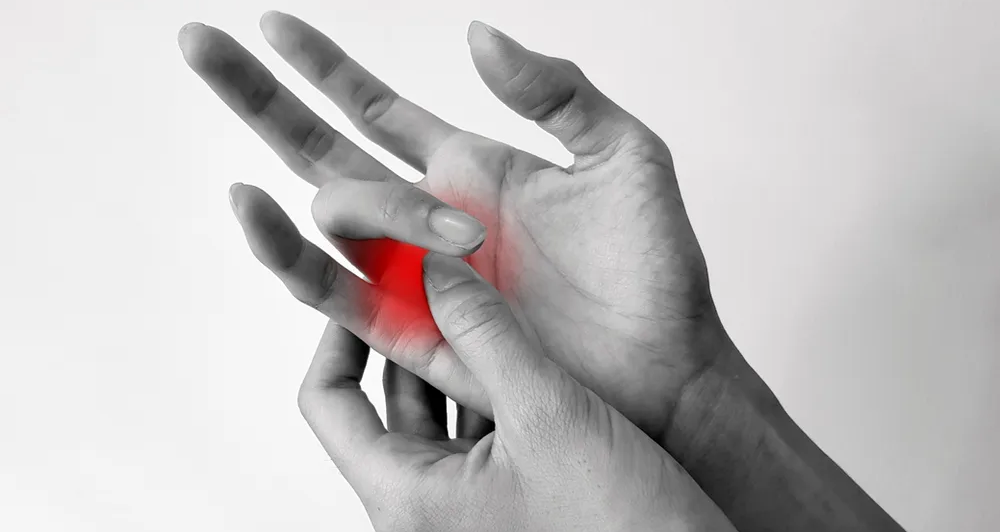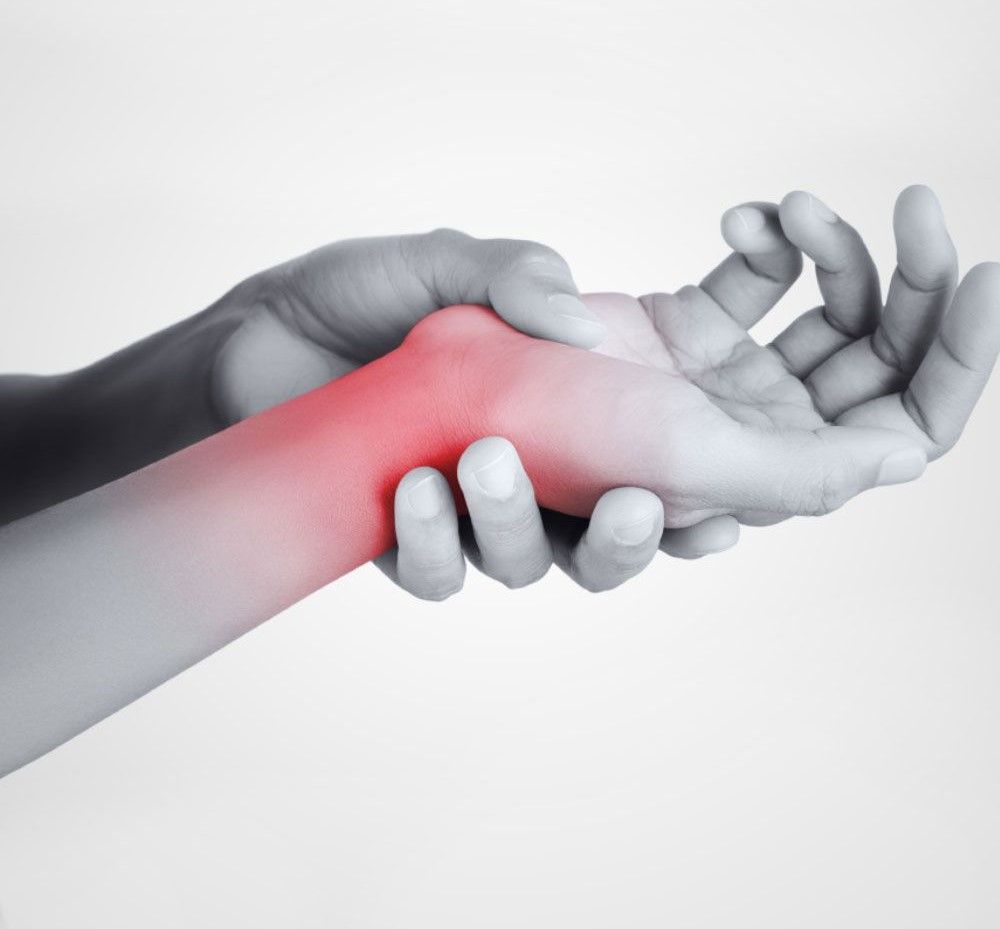What is Chronic Pain?
What is Chronic Pain?
This is perhaps the $64 million-dollar question but the British Pain Society defines it as ‘any pain lasting more than 12 weeks or beyond the time that full healing would have been expected following trauma or surgery’. But this only scratches the surface as chronic pain persists, often for several months or years. The very nature of chronic pain can influence every aspect of a person’s lifestyle for extensive periods of time.
Research evidence shows that people who live with chronic pain can become isolated from their once normal lifestyles as the pain not only affects their physical ability to function i.e. move around, pop to the shops and even socialise, but it also affects them emotionally and psychologically.
It is perhaps this aspect of chronic pain that is most challenging to manage, as people in persistent pain develop a constant fear of making the pain worse, or they may have periods where they feel more at ease only for the pain to return, haunting their daily lives and often causing them to adopt an approach where ‘if I do nothing, I can’t make it worse’. Changes in physical pain behaviour, such as guarding, holding limbs in fixed positions or limping can also occur and often negatively contribute to the painful condition itself.
But doing nothing is often the reason why their pain symptoms deteriorate as their physical strength, flexibility and fitness also deteriorate, which can further reinforce the pain symptoms and further restrict their lifestyle.
The Cochrane Library, which is responsible for systematic reviews of the latest evidence in medicine & healthcare, reports that physical activity may reduce the severity of long-term pain and improve people’s overall physical and mental health, as well as physical functioning. The types of exercise the review looked at were aerobic, strength, flexibility, range of motion, and core or balance training programmes, as well as yoga, Pilates, and tai chi.
Much of the latest evidence also supports a team approach to managing chronic pain, which may involve treatment from your GP or a physiotherapist, but also Pain Management services, where physiotherapists work alongside Occupational Therapists, Clinical Nurse Specialists, Clinical Psychologists and Pain Management Consultants.
This places physiotherapists in a primary position to assist patients with chronic pain and the Chartered Society of Physiotherapy (CSP) chief executive, Phil Gray says that physiotherapy is proven to be an effective treatment for chronic pain that enables people to live full and active lives.
Chronic pain can also affect any body part, but the latest statistics show that 80% of all adults will experience acute back pain as some point in their lives. And whilst only 5-15% of these people go on to develop permanent disability, this accounts for 90% of the NHS expenditure on back pain as a whole.
This suggests that chronic pain is a significant problem and one where there is no specific recipe to solve it.
There are a number of Health & Work-Related Risk Factors that can cause pain:
- Previous episodes of pain or injury, without full recovery taking place
- Rapid high load applied to the body
- Repetitive movements
- Poor Posture
- Static work postures e.g. prolonged bending, sitting, twisting or standing
- Heavy physical work which causes excessive, repetitive loading
Commonly we encounter people who have hurt themselves whilst exercising and common risk factors include:
- Hypermobility
- Heavy Sporting Activities e.g. weight training, contact sports
- Muscle Overuse
- Training and/or competition overload
- Poor sporting techniques e.g. weight lifting
- Muscle Imbalance
But, there are also a number of Psychological Risk factors which can lead to or exacerbate pain:
- Anxiety and/or depression
- PTSD
- Stress at home or work
- Altered Pain Behaviour i.e. physical actions in response to pain such as limping, holding your back ‘stiff’ when in pain, avoiding using a body part
The likelihood of any one of us being exposed to any number of these risk factors is very high and the best advice is to address an injury or pain issue at the earliest opportunity.
At JT Physiotherapy , we have a wealth of experienced physiotherapists, who can offer individualised assessment, advice and guidance on managing chronic pain conditions and develop treatment plans using various types of conventional physiotherapy & exercise techniques.
Furthermore, our Pilates Instructors can offer specific knowledge regarding safe ways to use Reformers for people with persistent pain conditions to help improve flexibility and build strength.
ModernDigital - Donegal Web Design




